[Archive] "It Doesn't Matter" - SEGA's Musical Manifesto
Robert Frazer sees another side to Sonic Adventure's theme tune...
Song!
I doubt that all of the gruesome details of the great tragedy for the True Way of Gaming in the mid-1990s need be dredged up from the murky depths of repressed memories for the patrons of this website. Those heinous abominations that are Sony fans have abused us with lashes envenomed with the sorry saga long enough for each weary day to be ingrained in our backs. We can reluctantly concede that the person who designed the 32X wasn’t exactly the shiniest disc on the rack. We can then grumble that the Mega-CD was sorely underrated. And we can explode with indignant fury at how the marvellous and stupendous software crafted for the Saturn was not accorded the popular appeal it deserved.
As unjust as this was for Sega, the facts cannot be evaded. It shouldn’t have happened, but it did – the conjoined powers of FIFA and hordes upon hordes of freakishly blinkered Square fans trampled all before them into the churning mud of the Console Wars, and that filthy Playstation carried the field.
Yet this wasn’t quite yet the dusk of decent gaming before the long dark night of before the emergent monopoly of licensed Electronic ‘Arts’ bunkum. Sony may have won the battle, but it hadn’t won the war – and Sega may have been bowed, but the True Way wasn’t broken.
With all the thundering sound and fury that only a barrage of military clichés can create, therefore, I come towards Sega’s pre-emptive strike on the Playstation 2 – no, not a string of bomb attacks on their factories (although I certainly wish this had occurred too) – but the small white box of magic that is the Dreamcast.
With that console similarly being summarily crushed by the relentless plebian-powered Sony steamroller, it may be a simple task for some commentators to dismiss Sega as a spent force as early as 1994. Such people are likely to consequently regard the Dreamcast as a hollow and half-hearted affair which those at Sega considered to be no more than a rearguard action or token ‘last gasp’ which was introduced for form’s sake rather than through any confidence or belief in recovering the throne that it was deposed from.
Yet such a dismal and bleak analysis doesn’t apply – indeed, quite the inverse does. A pessimistic analysis of the Dreamcast’s launch doesn’t stand up to scrutiny, and I hope to illustrate this with my essay. Sega didn’t look to 1998 with a glum, dejected, resigned expression, but rather an ardent, jubilant, and hopeful one. And what better way to demonstrate this than by one of the avatars of Sega – Sonic?
Verse!
Beyond a number of minor cameos (for instance, you raced against the Blue Blur in a bonus stage in Bug!, or you could play as Sonic in another bonus stage in Christmas NiGHTS), and the late-coming Sonic R and Sonic Jam, the Saturn had been devoid of one of Sega’s most iconic (and marketable) figures. Many regard this as a critical error, which smashed Sonic from the commercial pedestal it had enjoyed during the Megadrive era (never mind plush dolls and the cartoon series – at the tender age of eight I had Sonic the Hedgehog biscuits in my lunchbox!). As the late Sega Saturn Magazine pithily put it – “whilst Sonic was ‘resting’ in between missions along came Lara Croft and Crash Bandicoot and suddenly no-one wanted to know about the blue hedgehog anymore.” Sega were determined not to commit the same mistake again, and rightly so.
So when the Dreamcast came to the fore after Sega had dusted itself off after the Saturn’s unfortunate demise, not just the foc’s’le but the entire hull forward of the beam of its new flagship was Sonic Adventure. The very first technical demo of the Dreamcast (the floating head of the contemporary Sega president, Shoichiro Iramajiri, having all manner of texture and lighting effects experimented on him) featured Sonic running around, and the game itself was announced in a tremendous party of fifteen thousand spectators, rounded off by a performance by the famous celebrity and Sega’s master weapon in the Nippon, Segata Sanshiro. Sonic Adventure was going to be like none of its predecessors – redesigned characters, unashamed use of virtually every technical trick that could be pulled out of the processor, massive environments, diversified gameplay, intense musical scores, an actual plot – and Sega was also resolved on not letting any gamer forget it. As one example of this, a promotional video that was packaged with Issue Nought of the U.K. Official Dreamcast Magazine featuring footage of the launch titles saved Sonic Adventure until last for the final, enduring impression – and the clips were five times as long as those for the other games. Sonic Adventure was going to be a sensation, and Heaven help the poor soul who had the audacity to suggest otherwise!
With Sega so obviously highly motivated to execute a vivid marketing coup d’état – a radical and welcome departure from its frustratingly anaemic performance in that department – the dire and bleak scenarios concocted by the soothsayers that I mentioned earlier simply don’t hold water. Sega approached the Dreamcast with nothing save optimism and a handsome degree of technical clout to smash some sense back into the skulls of gamers who were addled by the graphical frippery of the Playstation.
This becomes ever more apparent when we focus on the individual components that construe the intricate Sonic Adventure itself. During development, Yuji Naka went to great pains to emphasise the importance of the newly-expanded musical horizons imparted by the Dreamcast’s hardware (Sound quality double that of the Saturn), specifically commanding an emphasis on “live music” with actual performers instead of just amalgamating library sounds like in “electronic or techno” (the genres Yuji Naka rejected). Such a considerable investment shows that we should perceive the music as an important factor of the game, and Yuji Naka’s further insistence of each character receiving his own specific and individual theme serves to emphasise this.
The music was an integral element to Sonic Adventure, and Sonic Adventure was an integral component to Sega’s hoped-for restoration. Sonic himself was an integral element to the game, and the theme that accompanied his explosion into glorious true 3D was an integral element in describing Sonic’s character. With so many clear allusions, it is easy to see that Sonic’s theme, It Doesn’t Matter, is nothing over than Sega’s compact mission statement to the globe.
Does this sound too sophisticated for a glorified platformer? I beg to differ, and will do so in the following core to the article.
Overture!
One of the first aspects of It Doesn’t Matter that immediately impresses itself upon the listener is the style of music it uses – you’re immediately struck by the effusive, positive, energetic tones of soft rock (you might even say J-Pop) that form the opening bars, a clear indication that the message this song communicates is going to be a bright and enthusiastic one – precisely the attitude which Sega was approaching the nascent Dreamcast era with. By the use of instantly-recognisable rock anthems also, rather than the more ‘peripheral interest’ (I would prefer to say simply dreadful) of random (and often sanity-shattering) noise of dance and similar anthems, It Doesn’t Matter can be immediately associated with a wide denomination of people – the blanket, popular success that Sega was also striving to achieve at this time.
This commitment becomes blindingly obvious when we actually start listening to the lyrics of the piece – the entire song plays as some form of theatrical business pledge! So, starting from the top:
"Well, I don't show off, don't criticise"
This might sound slightly inconsistent considering that Sonic Adventure was the product of a massive media venture (not a promising start! ^_^; ), but you shouldn’t take the line at face value – rather, it’s emphasizing the fact that Sega doesn’t need to “show off” and publicly extol the virtues of its gaming philosophy – it’s plain to everyone that they have confidently and comfortably attained the illustrious pinnacle of gaming potential. Sega has nothing to prove, and it doesn’t criticise because those tragic and pitifully inadequate contenders for gaming excellence are beneath contempt. What more purely-distilled and potent essence of confidence could ever be achieved?
"I'm just livin' by my own feelings
And I won't give in, won't compromise
I just only have a steadfast heart of gold
I don't know why, I can't leave though it might be tough
But I ain't out of control, just livin' by my word
Don't ask me why, I don't need a reason
I got my way, my own way"
The despicable Playstation seemed to signal the demise of the deep, involving and artistic manner of game that was propagated by Sega – the recyclable banalities favoured by the casual gamer seemed to be the only thing that could garner a profit (hence the admission that the modern gaming climate “might be tough”). Yet despite this, Sega is undaunted – they shall not abandon their dedication to high-quality titles. They are a company with integrity that recognises there are certain axioms of decency that can’t be trespassed, however ‘irrational’ the principle is and however ‘difficult’ it is to maintain it. “Livin’ by my word”; “My own way”; “won’t give in, won’t compromise”; “by my own feelings” are all assertions of this. There might be no need to struggle for original or unique gaming, but then humanity is not about only satisfying the scantiest minimum – if it was, then there would have been little role for us being in God’s image in a world of art, or there would never have been any cause to struggle out of the oceans if you want to see it that way. Either way, “I don’t know why” and “I don’t need a reason” are both appeals to that more refined, elevated, immaterial potential of humanity above basic physical vulgarity. Sega won’t be content with anything inferior to pure genius and unadulterated excellence.
"It doesn't matter now what happens I will never give up the fight
There is no way I will run away from all of my frights
Long as the voice inside me says go, I will always keep on running
There is no way to stop me from going to the very top"
The refrain seen here is essentially a reiteration of the determinations in the previous two verses. From “As long as the voice inside me says go” we have again that appeal to the massive internal potential we can tap – not just contenting ourselves with what will suffice. And the stated ambition to reach “the very top” is another upsurge of that untarnished, buoyant assurance and potent will with which Sega was approaching the sixth gaming generation.
"It doesn't matter who is wrong and who is right"
Now I shall concede that this line doesn’t exactly fit with the framework that is established for the remainder of the song. It seems to be giving the starkly inconsistent message that the respective efforts by each faction in the gaming industry are suddenly of equal merit… yet when the entire song seems geared to expressing Sega’s claim to dominance, I think that context requires us to re-evaluate this line and infer a more compliant meaning out of it. I’d then say that this line is supposed to relate to the “I don’t show off” of the opening phrase – the rivals’ petty squabbling over who produces the superior games (“who is wrong and who is right”) is irrelevant – as one company is of such great scale that all of their efforts pale in comparison to it…
"Well, I won't look back I don't need to
Time won't wait and I got so much to do"
It’d be futile to deny that the woeful traumas and suffering dealt over the Saturn affair have left their deep scores and scars and Sega – I won’t be so blinkered as to believe that these memories can just be disregarded as insignificant, as they certainly were not. Yet Sega is not going to let this burden of a tarnished reputation encumber them (“I won’t look back”). They are an aspiring, vibrant, company, and are determined to act positively to reclaim the throne they were deposed from (“I got so much to do”) – if this wasn’t the case, Sega would never have developed the Dreamcast at all!
"Where do I stop, it's all a blur and so unclear
Well, I don't know but I can't be wrong"
Again, this is a statement Sega’s commendably pure doctrine of pursuing superior gaming despite the bland economist’s warning – as Bizarre Creations (of Metropolis Street Racer fame) asserted, “there’s more to game development than making a fast buck”, and Sega is displaying a similar sentiment. They “can’t be wrong” in their decision, even though in the confused and uncertain (“a blur and so unclear”) gaming world there’s much conflicting opinion about what you should produce and to what extent. Nothing will deflect Sega from its purpose.
"This fight is not for anybody, this is purely for myself
There is no way I'm gonna give up 'til the very end
I can't tell what is wrong and what is right, I've got to find the answer
But until I do there's no way I will ever give up"
Sung in the same manner as the chorus/refrain, this section of It Doesn’t Matter expounds a similar subtext. “I’ve got to find the answer” is the crusader mentality – Sega will keep forging ahead, scaling new heights, traversing new boundaries, peering over new horizons, in the struggle to achieve innovation and quality in both hardware and software. In the endeavour being “purely for myself” we illustrate again Sega’s irrepressible will to fight the aberrant Sony plague on Sega’s personal terms alone, and with “there’s no way I will ever give up” that illustrious, eager, heartening confidence shines through once more.
On the topic of the refrain, it is interesting to note the manner in which it is sung – the pauses between lines are abandoned, and the text merges into one continuous, uninterrupted expression – these fundamental statements are thus impregnable and incorruptible – there is no weakness, hesitation or uncertainty to Sega’s mission statement.
"Place all your bets on the one you think is right"
The main body of the song ends on an utterly delectable, delicious and delightful note – nothing less than a challenge to those who’d seek to dispute the clemency of Sega’s vision. It’s spoken in a gamesome manner, with the emphases on the action of “place all your bets”, and the screamed “right” at the end shows that the result will be a foregone conclusion – victory for Sega, of course – but, in a superior and condescending manner of the absolute victor, Sega is permitting the gaming underling to have a stab at it anyway, for sportsmanship’s sake.
Chorus!
When we contemplate all of the bursting vitality that was effervescing in this golden, glorious, sunny time of 1998, you can’t help but be sombred. With the sheer amount of effort Sega invested into recovering itself – as shown by the attention-to-detail focused in the Dreamcast’s launch that this article has revealed - it deserved victory, and we as Sega fans wanted it too. For a while, it seemed as if we would finally achieve that dreamed-of ascendancy that transpired when Sonic first streaked onto our televisions in 1991… it’s so sad that the saga had to end on such a sour note.
.png.58cfe414f117a5b917dfc7f637393e58.png)


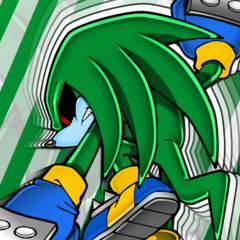
.png.f768e442ba16f527fb60317d6b1d496d.png)
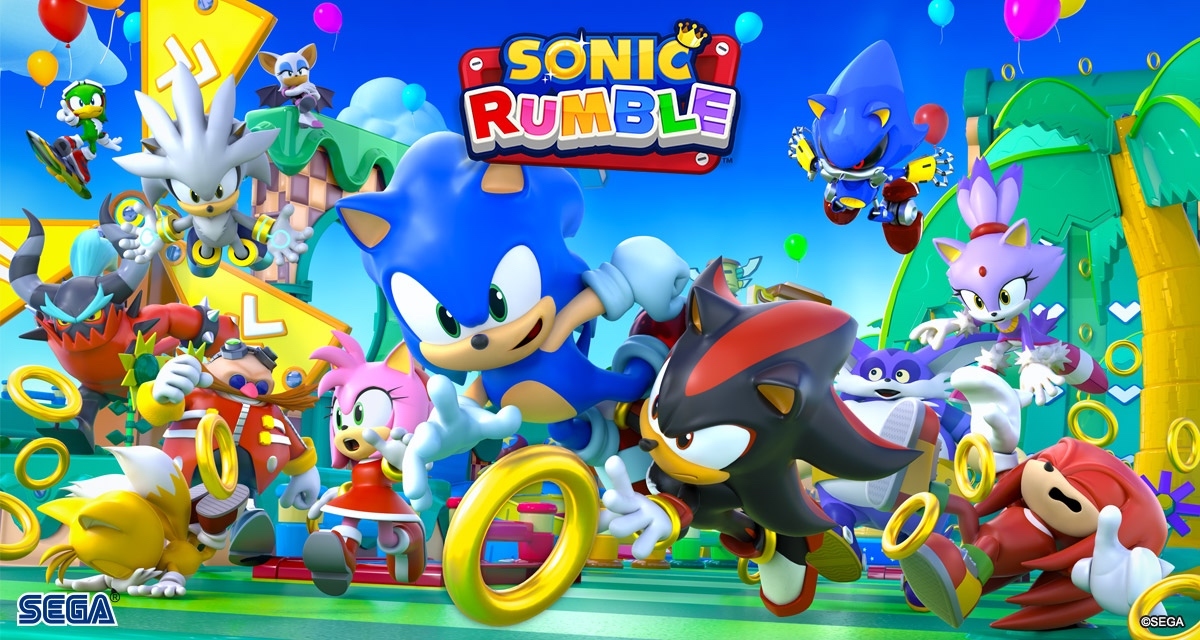
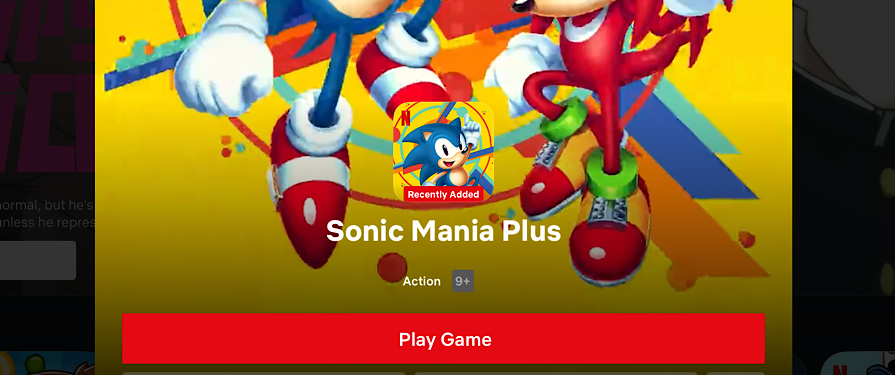
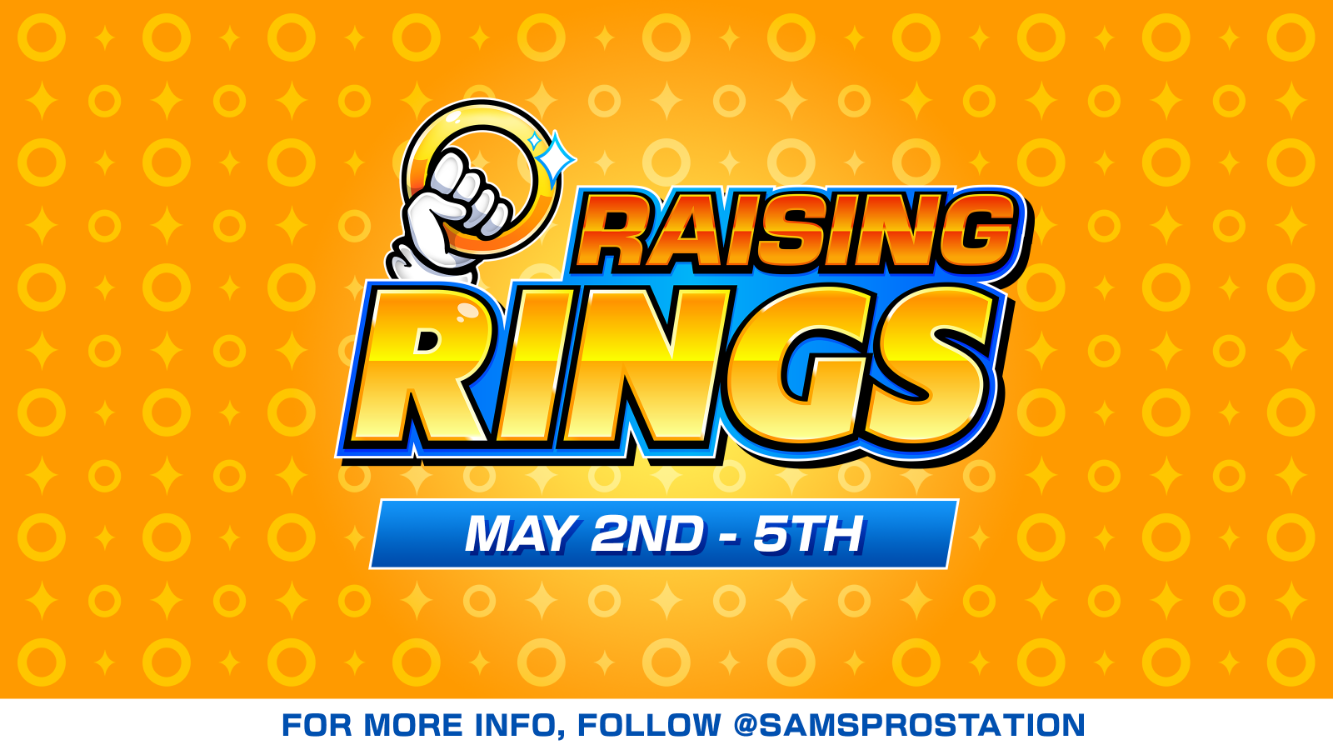
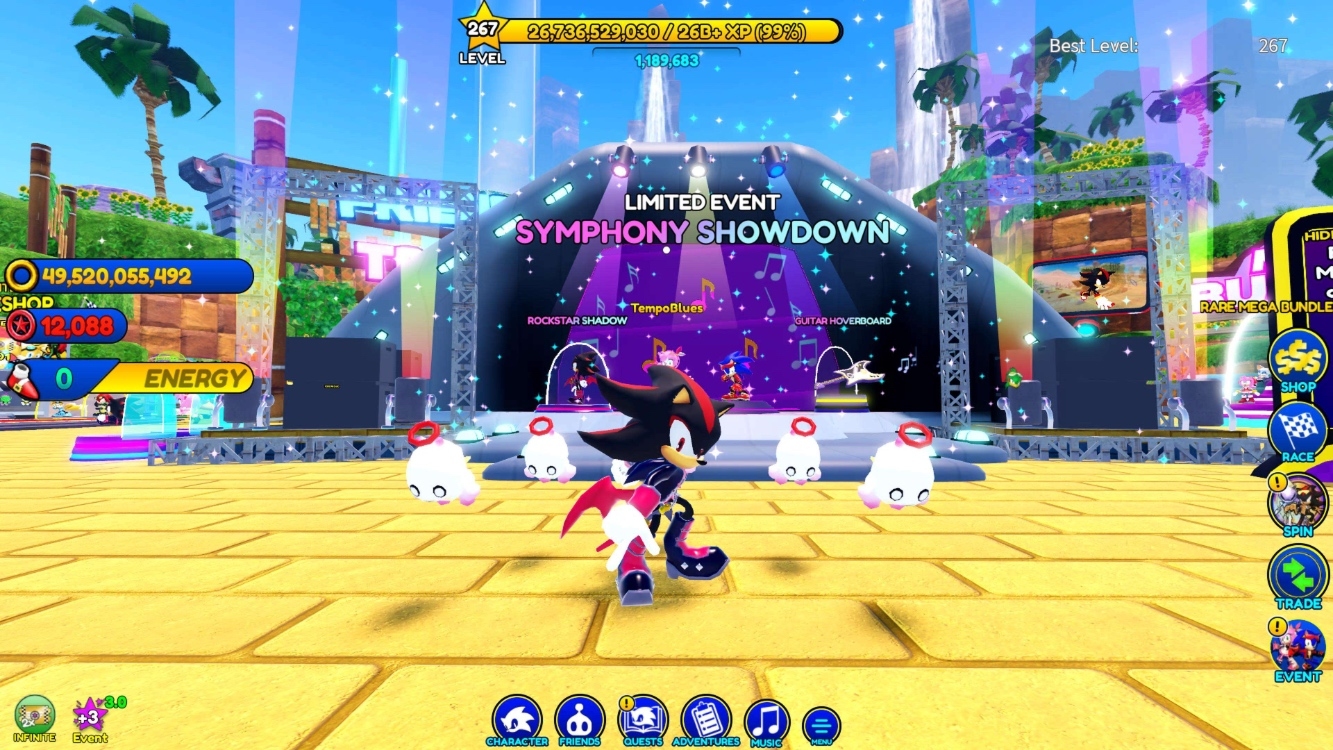
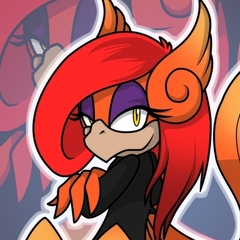
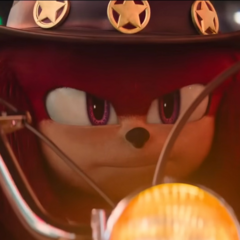

0 Comments
Recommended Comments
There are no comments to display.
Create an account or sign in to comment
You need to be a member in order to leave a comment
Create an account
Sign up for a new account in our community. It's easy!
Register a new accountSign in
Already have an account? Sign in here.
Sign In Now